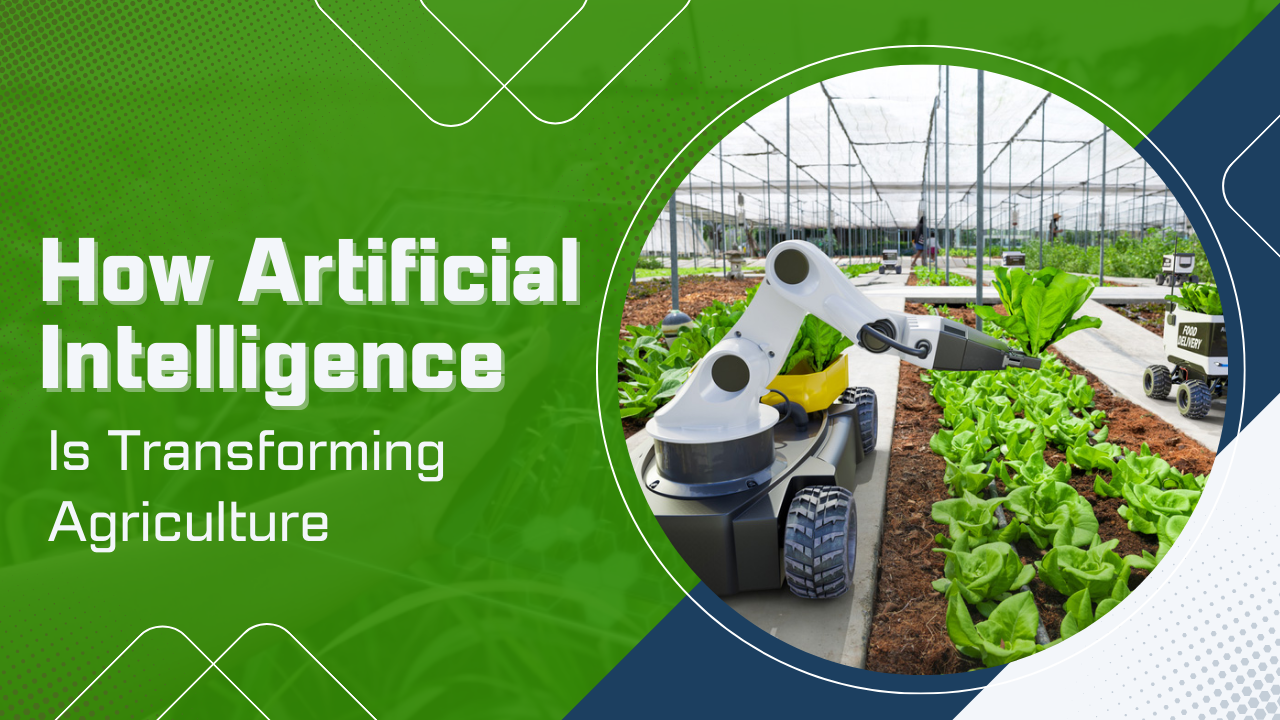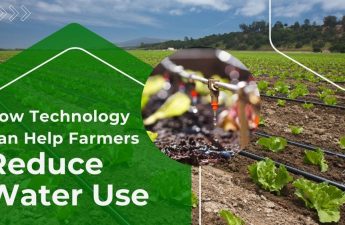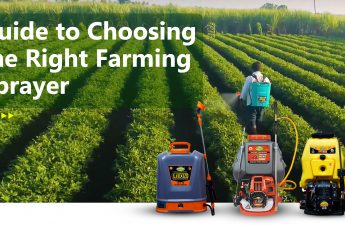In agriculture, creativity has always been the key to advancement. Currently, one instrument that stands out as a game-changer as we approach a technological revolution is artificial intelligence (AI). Artificial Intelligence is transforming agriculture in unthinkable ways, from increasing crop yields to reinventing pest management. Padgilwar Corporation, the leading agricultural products manufacturer in Pune, offers several farming tools and equipment to benefit small farmers in India. We also update them with the trending technologies in agriculture. In this blog, let’s learn how AI influences agriculture and builds a sustainable future that benefits farmers and consumers.
Precision Farming: Maximising Efficiency
AI-driven technologies are enabling precision farming, which is completely changing the way crops are cultivated. Farmers can make well-informed decisions on how and when to use pesticides, fertilisers and irrigation using data analytics, sensors, and machine learning procedures. Massive volumes of data, such as crop health indicators, weather patterns, and soil composition, are analysed by AI, which then generates customised suggestions to maximise yields and optimise resource utilisation.
Crop Monitoring and Management
The days of manually monitoring crops are long gone. Farmers can gain real-time insights into crop health and growth patterns by utilising AI-powered drones and satellites outfitted with sophisticated image sensors. By identifying early indicators of disease, nutrient shortages, or insect infestations, these high-resolution photos enable farmers to take prompt action to reduce risks and safeguard their yields.
Predictive Analytics for Weather and Climate
Farmers have always faced challenges due to weather uncertainty, but AI is transforming the landscape. Artificial intelligence (AI) systems can produce extremely accurate forecasts by evaluating past weather data and present atmospheric conditions. This capability enables farmers to make proactive decisions. This may include crop management, planting, and harvesting. AI can also simulate how climate change will affect agricultural productivity in the long run, giving farmers more flexibility to adjust and reduce risks.
Smart Pest Management
Pests and diseases are serious threats to crop harvests but with AI farmers can fight these issues more successfully. Artificial intelligence (AI) systems can forecast outbreaks and suggest focused actions, like precision spraying or biocontrol agents, by evaluating data on pest numbers, crop susceptibility, and environmental conditions. This preventive strategy lessens the environmental impact, maintains beneficial insects and uses fewer toxic pesticides.
Supply Chain Optimisation
AI is altering the entire agricultural supply chain in addition to on-farm operations. Artificial intelligence (AI) algorithms can optimise several processes, including transportation route optimisation and predictive demand forecasting. It results in decreased waste, lower expenses, and the delivery of fresher, healthier products to consumers. Artificial Intelligence increases openness and accountability in the food supply chain by optimising logistics and improving traceability.
Conclusion It is impossible to exaggerate how revolutionary AI can be for agriculture. Farmers may enhance output, reduce risks, and maximise resource utilisation by utilising artificial intelligence in an increasingly volatile environment. AI is transforming every facet of agricultural production and distribution, from smart pest management and predictive analytics to precision farming and crop monitoring. With AI-driven technology, we are building a more sustainable future for agriculture, where farmers can prosper and consumers can enjoy safe and environmentally friendly food.



